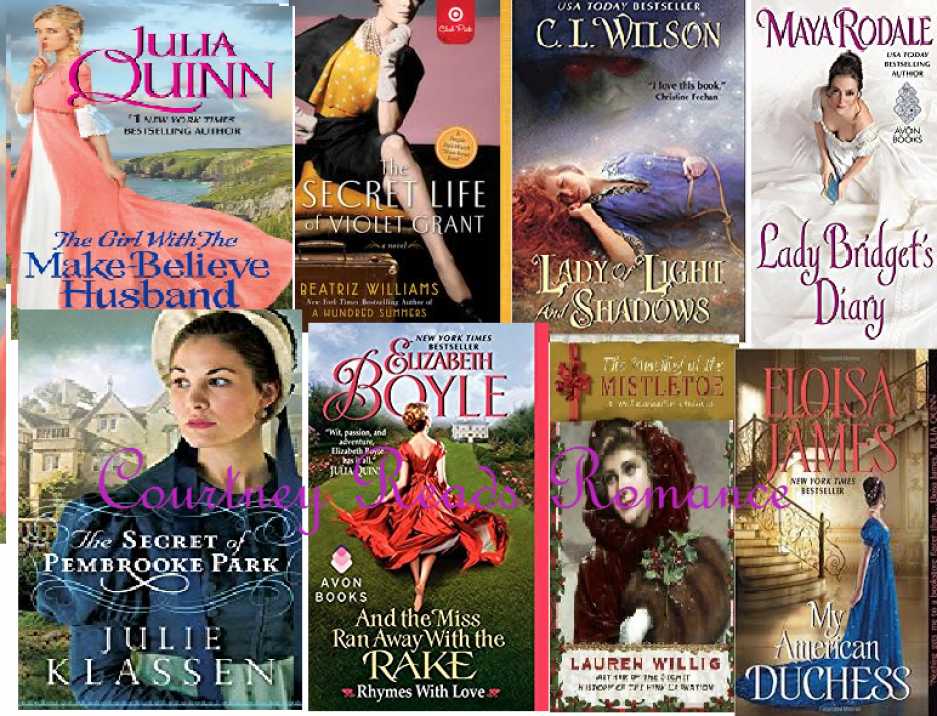Brooks, Pauline Turner. Marriage Vacation. New York: Simon & Schuster, 2018.
Paperback | $16.00 USD | ISBN-13: 978-1982100209 | 240 pages | Women’s Fiction/Chick Lit
3.5 stars
I recently binged Seasons 1-5 of Younger on Hulu, and given the amount of intrigue around the separation of the character Charles Brooks from his wife, Pauline, and the book telling her perspective, I was excited to find out that the book was published in real life as a tie-in with the show. However, given how her character and their relationship was painted from Charles’ side on the show, I was also a bit skeptical.
But for what it is, it’s not bad. Though obviously the words is done by a ghostwriter, the words and storyline feel authentic to what I think Pauline’s perspective was from the brief glimpses of her we were given on the show. And as a book in its own right, it endeavors to talk about the issue of self-discovery and the idea that we might actually be the ones holding ourselves back, and not any external forces, as it appears at the outset.
However, in keeping with Pauline’s worldview for much of her arc on the show, the book culminates idealistically, which is inconsistent with the difficult marital problems addressed earlier on, exacerbated by her leaving. And as a fan of the show, knowing where Charles’ feelings actually lie at the present time, it was awkward to read such a rosy, happy ending.
This presents an interesting catch-22: the book probably won’t mean much to you if you haven’t watched Younger, but it’s much easier to be disillusioned by it if you have. That’s not to say this couldn’t work as a work independent of the show, but I feel like either way, the flaws are there in different degrees.











